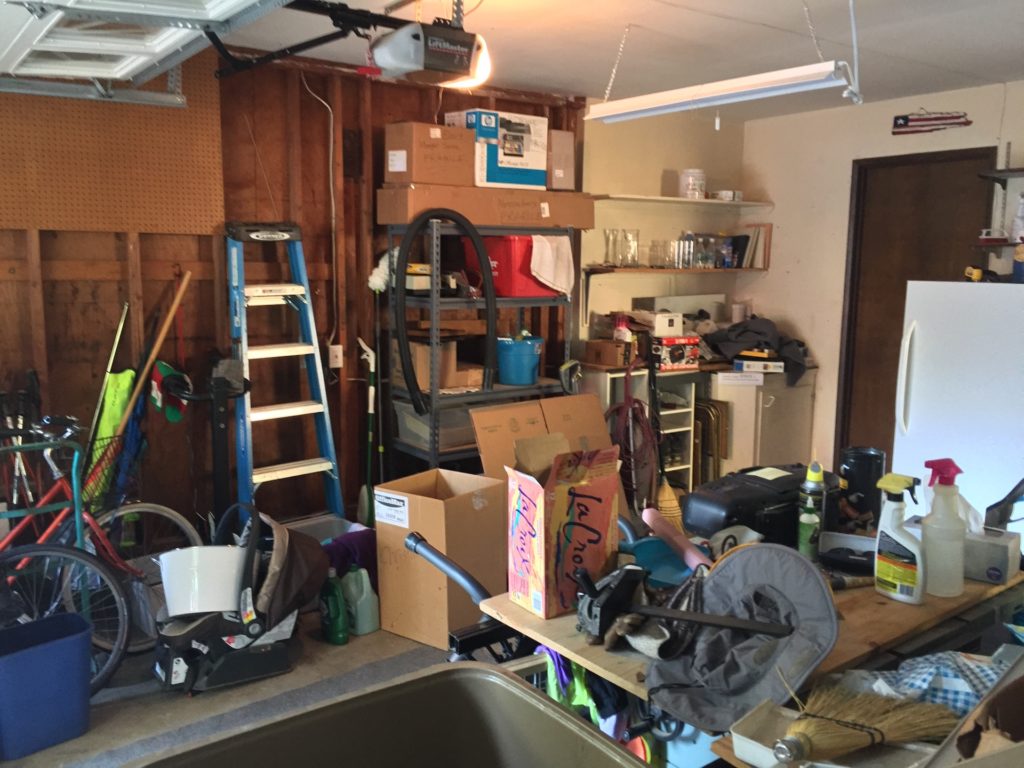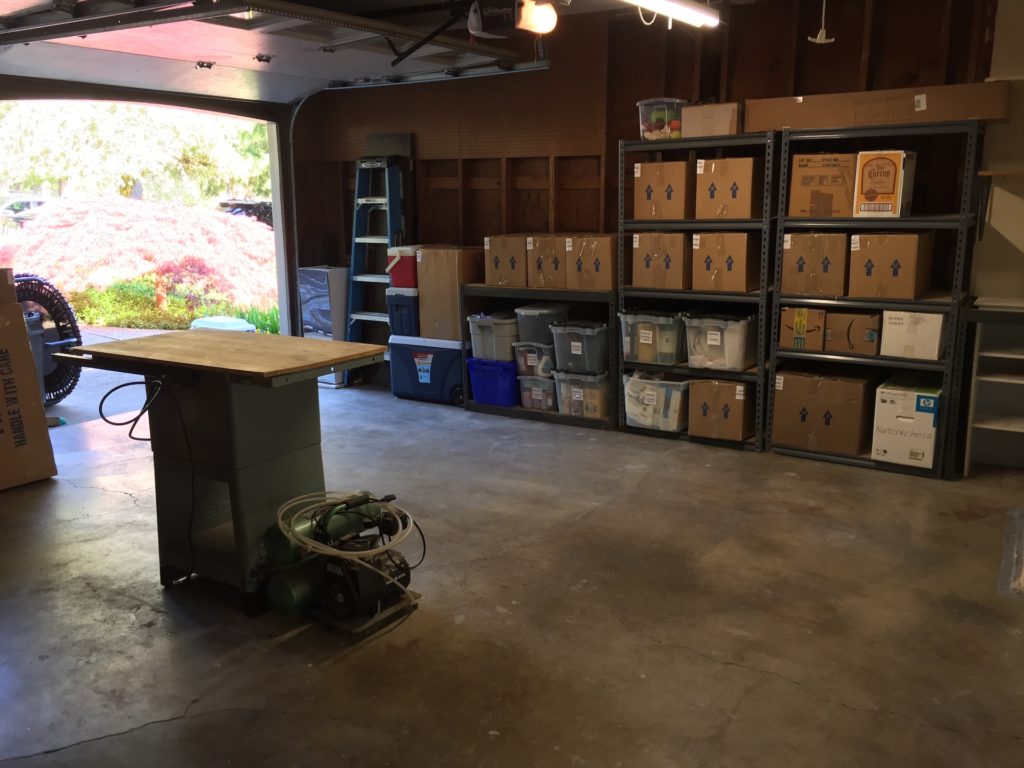One of the most daunting things about moving is dealing with our stuff. We surround ourselves with things that represent “home” to us: keepsakes, papers, books, dishes. Sorting through them in order to let some of it go is much harder for some than others, and can be such a seemingly impossible task that some of us simply stop the process altogether.
What makes us hold onto things we no longer want or need, even if keeping them is a roadblock to moving forward?
The main reason we hold on to things is comfort – being surrounded by things we love can provide a sense of well being and groundedness. But as we accumulate more, those possessions can represent the hope of tasks not yet undertaken, and eliminating those reminders can make us feel that we have failed. For example, the pile of broken gadgets in the garage can represent a project that was begun and abandoned. To eliminate them means that we have to concede defeat, that the task was not finished, a promise to ourselves left unfulfilled.
One of the major factors of eliminating the clutter in our home is fear, which can be represented in many ways. Those Amazon boxes you’re saving in the garage? You might need them someday when you plan to ship something to a friend, or when you finally decide to move. Those old National Geographic magazines that belonged to your father? They might be valuable, and if they are and you’ve thrown them out, you’ve lost out on that money.


The same fear applies to things we receive as gifts but never use. You may feel it’s wrong to donate it since it was given to you. But wouldn’t it be better for someone else to have the opportunity to enjoy it, especially since it’s been hidden in a closet for years? Often, we think ridding ourselves of stuff is to rid ourselves of the life we’ve lived, especially the memories.
And that leads to the next question you should ask yourself: what kind of life do you want to lead moving forward?
Studies have shown that clutter in the home can be directly linked to stress levels. The more we surround ourselves with things that don’t serve a practical purpose in day to day living, the higher the stress hormone cortisol rises in the body.
If you’re moving to a smaller home, that’s an obvious reason to dispose of things, because all of your present possessions simply won’t fit. But there could be another reason to let things go: do you want your children or other loved ones to deal with all of it once you’re no longer around? Do you want to be free of both the physical and mental encumbrances in order to move about more freely in your new home?
Other studies have shown that a less cluttered home is often a more tranquil home. If you find yourself staring at a huge pile of papers every time you walk into your dining room, you may begin to avoid that part of your house, and it will insert itself in your memory as one more task to do. You may avoid family gatherings because you just can’t deal with cleaning up the pile in order to have people over, or you’re embarrassed by the sheer amount of stuff lying around.
Living your best life in your new space (or even in the space you’re currently in), is worth the investment of time and energy. For help with beginning the process of living a more cluttered and stress-free life, consider hiring an organizing professional. They can break the daunting, larger tasks into smaller, more manageable ones, provide maintenance tips, and get you on the road to a more calming space and a calmer life.
